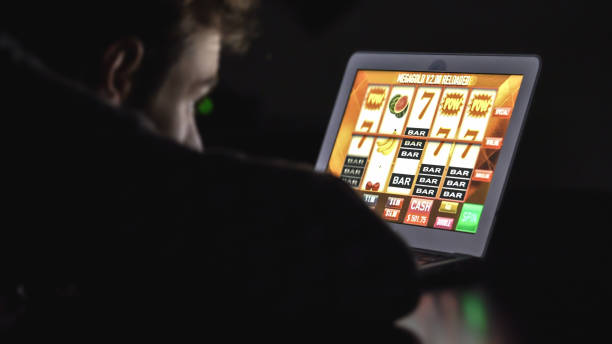Online gambling is a ‘manageable form of recreation’ in PH, study says

About 89 percent of surveyed online gambling players—mostly millennials from lower-income households—are “low-stakes” bettors who spend less than P5,000 monthly. That’s roughly 10 percent of their earnings, on such activities, a research firm said.
The Fourth Wall research showed that if the government were to impose a total ban on online gaming, 75 percent of respondents said it would only drive players toward underground sites, social media betting and unregulated foreign platforms.
Instead, 80 percent of them called for stronger regulations against illegal platforms. That is, mainly to curb scams and addiction, especially among youth and low-income groups.
The research, the findings of which were released on Wednesday, was based on a survey of 1,250 online gambling players nationwide.
As the national debate on online gaming heats up, leading player DigiPlus Interactive Corp. on Wednesday appealed for “fair treatment” and “fact-based dialogue.” DigiPlus vowed to promptly abide by any forthcoming new standards and regulations that lawmakers and policymakers may impose.
The beleaguered operator of popular games BingoPlus, ArenaPlus and GameZone expressed deep concern that legitimate gaming operators like itself were “being swept into a tide of suspicion meant to catch those who have never complied with regulation in the first place.”
“We are open to evolving and improving wherever needed,” DigiPlus chair Eusebio Tanco said in a press statement.
“If there are new standards to meet, or better ways to protect players, we will act swiftly and responsibly. But please, do not condemn an industry, and the 50,000 Filipino families who rely on it, without hearing the facts first,” Tanco said.
The company pointed out that many of the measures now being debated in Congress— rigorous Know-Your-Customer (KYC) checks; mandatory age verification that bars minors and vulnerable players; self-exclusion tools; and responsible-gaming prompts — have been adopted by DigiPlus platforms since November 2024.
“We are not asking for special treatment. We are simply asking to be judged by our actions, not by perception, nor by association with those who break the law. Regulation works best when it uplifts what is working, not when it dismantles it,” Tanco added.
It noted that every peso flowing through its platforms is taxed, audited and remitted to Pagcor and the Bureau of Internal Revenue, funding health care, infrastructure and disaster relief.
“We are appealing to the government: Let us approach this rationally. If we study the issue with clear eyes, we will see that the social ills being blamed on online gaming stem from the illegal market. That is where underage gambling happens. That is where financial abuse thrives. Target that, and the harm disappears,” Tanco said.
Migration trom informal sectors
Among those surveyed, a majority said they had migrated from informal or unregulated street gambling environments, such as sabong (cockfighting), perya (small carnival) or social media betting. Only 7 percent of bettors shifted from land-based casinos.
“Online gambling players are mostly casual, low-stakes gamblers from lower-income groups. They typically spend under P5,000 per month, play only a few times a week, and often break even—suggesting that gambling is treated as a manageable form of recreation, akin to paying for entertainment or leisure,” the research said.
They often spread across multiple platforms as they tend to try different games. When they do bet, 85 percent don’t borrow money, the study added.
The top three platforms to which they migrate are Scatter, BingoPlus and CasinoPlus, it noted. “Only 8 percent cite platform perks like bonuses and convenience—suggesting that big wins and ease of use aren’t the main draw,” The Fourth Wall study said.
“Instead, it’s the pull of entertainment and social influence—reinforcing gambling’s place in Filipino social life. This further shows that for many Filipinos, gambling is not merely a transactional activity—but one tied to communal, cultural and social contexts.”
The study noted that gambling in the Philippines has been “deeply woven into social interaction—beyond a pursuit of monetary gain.”
“Activities like bingo nights in malls or churches, cockfighting (sabong) serve as communal pastimes. At wakes (paglalamay), for example, families often host card or mahjong games (like sakla) to engage mourners, offering both distraction and financial support toward funeral costs,” it noted.




















